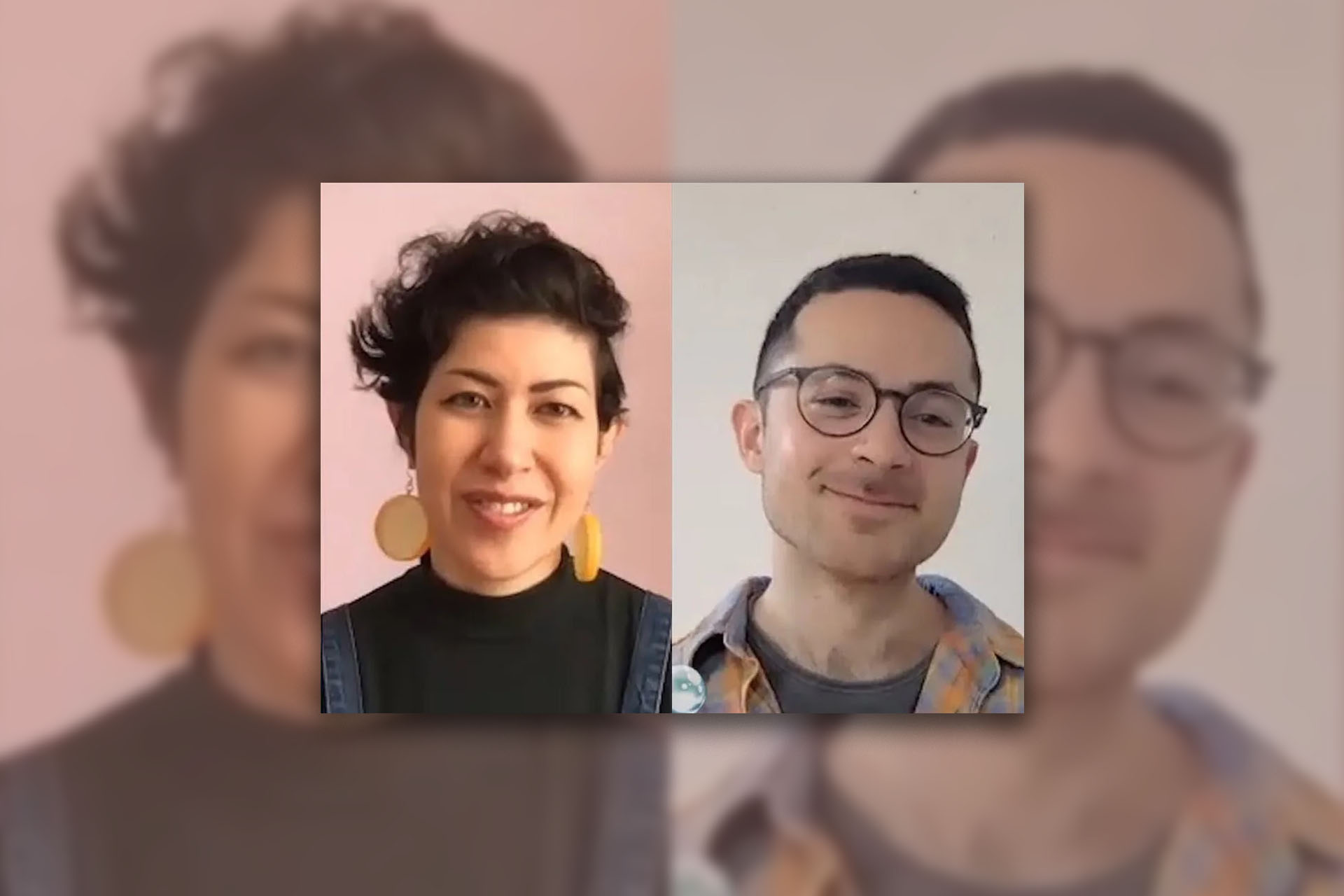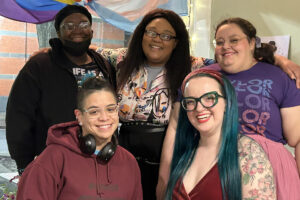Author Rachel E. Gross and artist Armando Veve will talk about their book, Vagina Obscura: An Anatomical Voyage, during two events sponsored by The Women’s Institute at Russell Sage College.
- Monday, Nov. 14 – Science journalist and author Rachel Gross will discuss and sign copies of Vagina Obscura at 6 p.m. at Bush Memorial Center on Sage’s Troy campus.
- Tuesday, Nov. 15 – Artist Armando Veve will join Gross to discuss the illustrations for Vagina Obscura at 6 p.m. at Opalka Gallery on Sage’s Albany campus.
The book debunks myths about the female body and explores new research that is leading to a better understanding of all bodies.
A camera obscura reflects the world back but dimmer and inverted. Similarly, science has long viewed woman through a warped lens, one focused narrowly on her capacity for reproduction. As a result, there exists a vast knowledge gap when it comes to what we know about half of the bodies on the planet.
That is finally changing. Today, a new generation of researchers is turning its gaze to the organs traditionally bound up in baby-making―the uterus, ovaries, and vagina―and illuminating them as part of a dynamic, resilient, and ever-changing whole. Welcome to Vagina Obscura, an odyssey into a woman’s body from a fresh perspective, ushering in a whole new cast of characters.
In Boston, a pair of biologists are growing artificial ovaries to counter the cascading health effects of menopause. In Melbourne, a urologist remaps the clitoris to fill in crucial gaps in female sexual anatomy. Given unparalleled access to labs and the latest research, journalist Rachel E. Gross takes readers on a scientific journey to the center of a wonderous world where the uterus regrows itself, ovaries pump out fresh eggs, and the clitoris pulses beneath the surface like a shimmering pyramid of nerves.
This paradigm shift is made possible by the growing understanding that sex and gender are not binary; we all share the same universal body plan and origin in the womb. That’s why insights into the vaginal microbiome, ovarian stem cells, and the biology of menstruation don’t mean only a better understanding of female bodies, but a better understanding of male, non-binary, transgender, and intersex bodies―in other words, all bodies.
By turns funny, lyrical, incisive, and shocking, Vagina Obscura is a powerful testament to how the landscape of human knowledge can be rewritten to better serve everyone.
Both events are free and open to the public, but registration is requested. A livestream option is available for the Nov. 14 event.
Find more information and register at sage.edu/about/community-resources/womens-institute.





